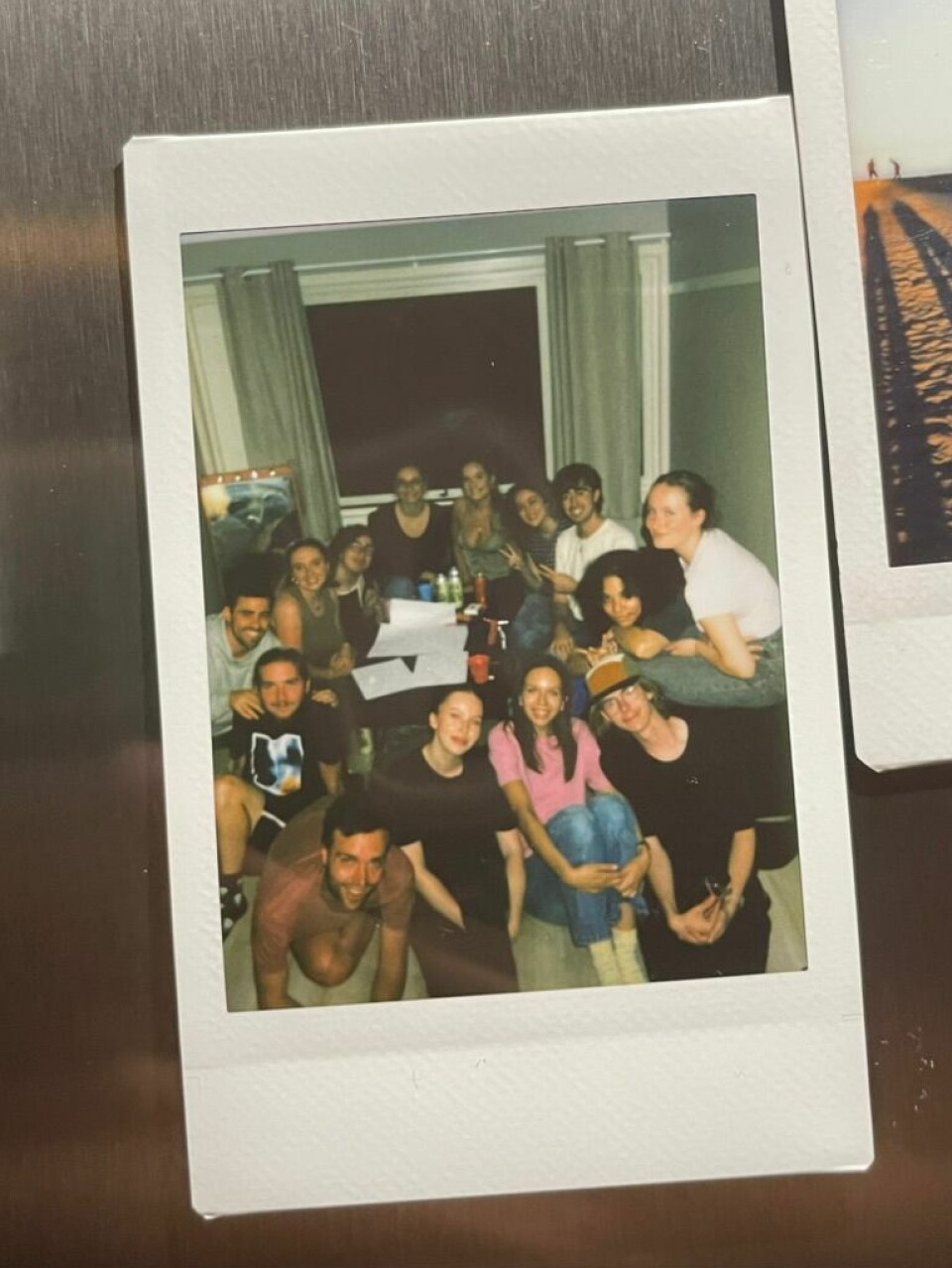
THE BUDDY WEEK FROM AN INTERNATIONAL
It’s your first days in Norway - a completely new country. You don’t know anyone, and the only words you can say are “Nei, takk.” Then comes your first day at university, and suddenly you’re put into a group with complete strangers; those are the people you’ll be spending the next two weeks with. Welcome to Buddy Week in Volda.
Fadderveka, or Buddy Week, is a program designed to help new students settle in, make friends, and get to know campus life. The University plans numerous games, parties, and other activities. For Norwegians, it’s a normal tradition, but internationals usually see it as something unusual that can feel both exciting and overwhelming.
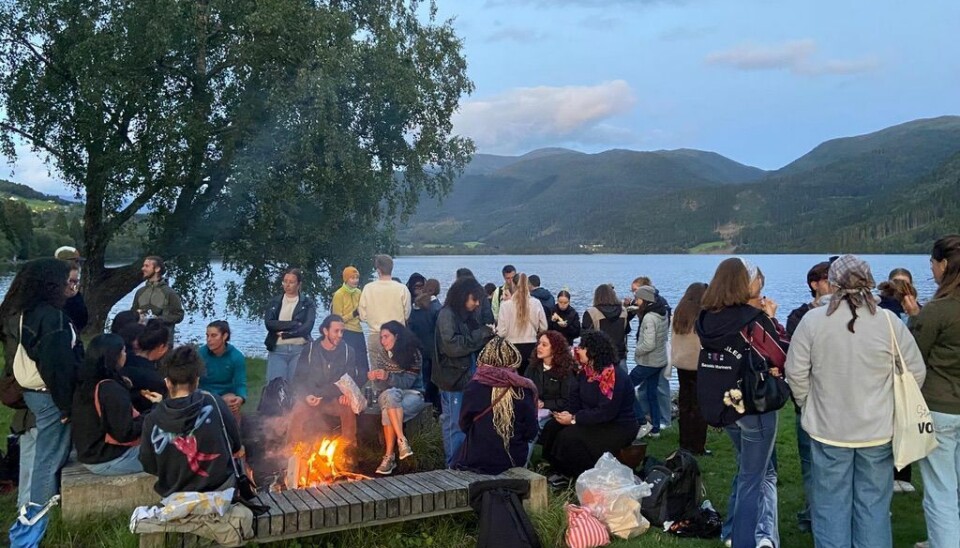
Some internationals arrive with high expectations. “I expected the buddy week to have lots of events and activities to get to know a lot of people.” said Leandra, from Germany. Others aren’t even aware of it until they arrive. “I didn’t expect anything because in my school we don’t have buddies or buddy weeks like this.” explained Aline from Belgium. And then there are students like Nelly from Spain, who immediately noticed the difference from home. “At my university, buddies are only there if you need help. It’s not as fun as here.”
REALITY
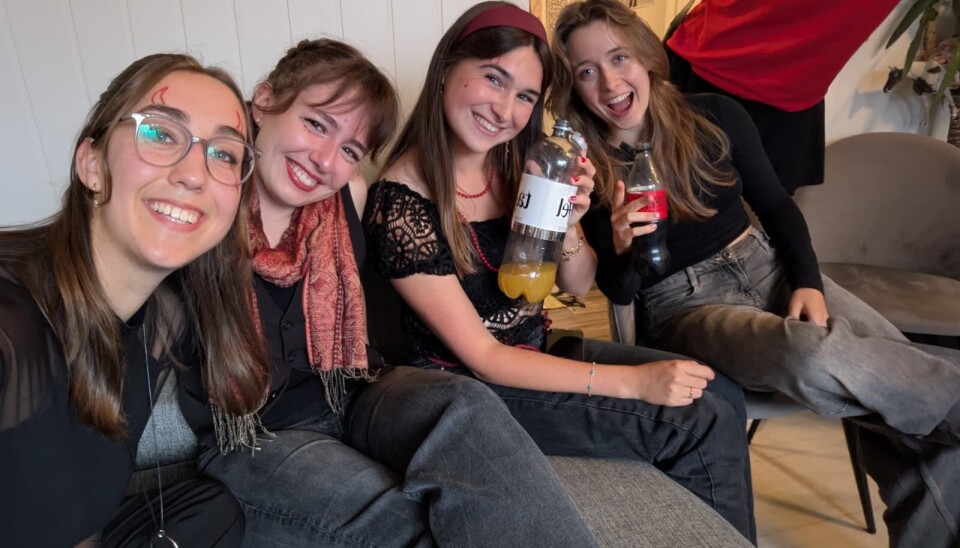
For some students, reality didn’t quite match their expectations. Maggie, a student from Austria, shared her disappointment: “The first day was good! We were nicely welcomed by our buddies, played some games, and had a pre-party all together. After this day, we heard from them once and didn’t do anything together anymore.”
The structure of the groups also caused confusion. Leandra liked the idea of small groups, but the arrangement of them was unexpected. “I was in an animation group, but I study media. There were like 15 people from animation and just 2 students from my course.” she explained.
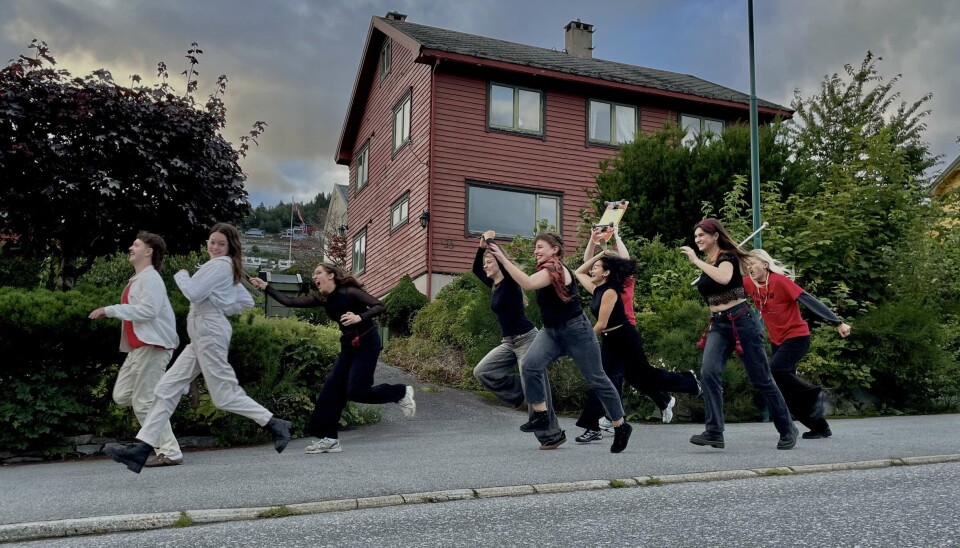
Regardless of some management slip-ups, the events still provided opportunities to connect with others. The groups were mixed with both International and Norwegian students. “From the first vors I felt immediately welcomed. They were open and all spoke English, so I always felt included.” said Robbe from Belgium.
Bonds That Formed (or Didn’t)
Even though students were mixed, many internationals didn’t form strong connections with Norwegians. “The parties were fun, but it’s not like I made a lot of friends during it.” said Aline. For many, the main benefit was meeting other international students. “The events helped me to have a social start in a new place. But the buddy group itself didn’t really help.” Maggie added.
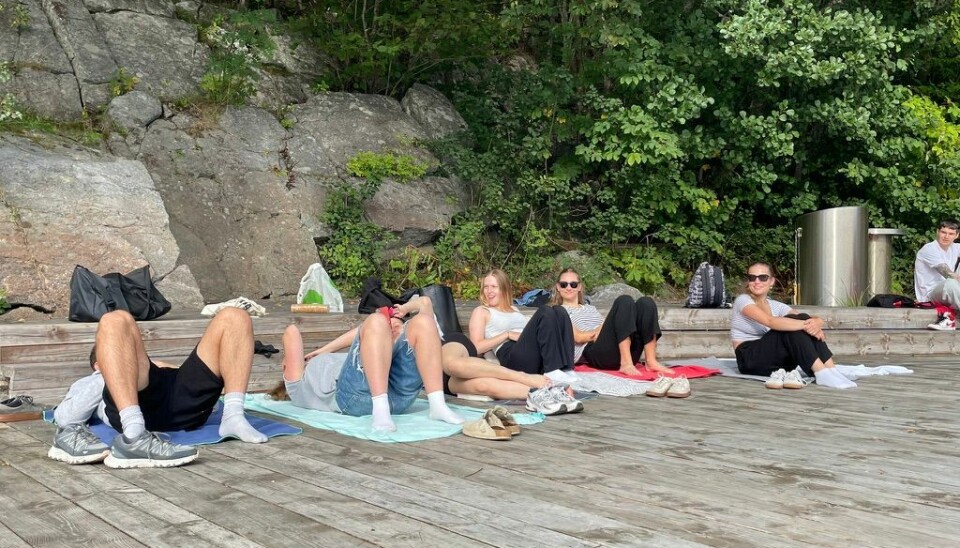
Still, most of them managed to socialize. “The Erasmus students did some parties during the buddy week.” said Aline. They hosted their own pre-games in the kitchens or cosy campfire nights, where most of them would meet and get to know each other.
CULTURE SHOCK
On top of that, internationals had to overcome some cultural differences, which sometimes made socializing more challenging. “In Hungary, everyone shares their alcohol; you take some from others and give yours away. Here, they don’t really do that.” said Júlia from Hungary.
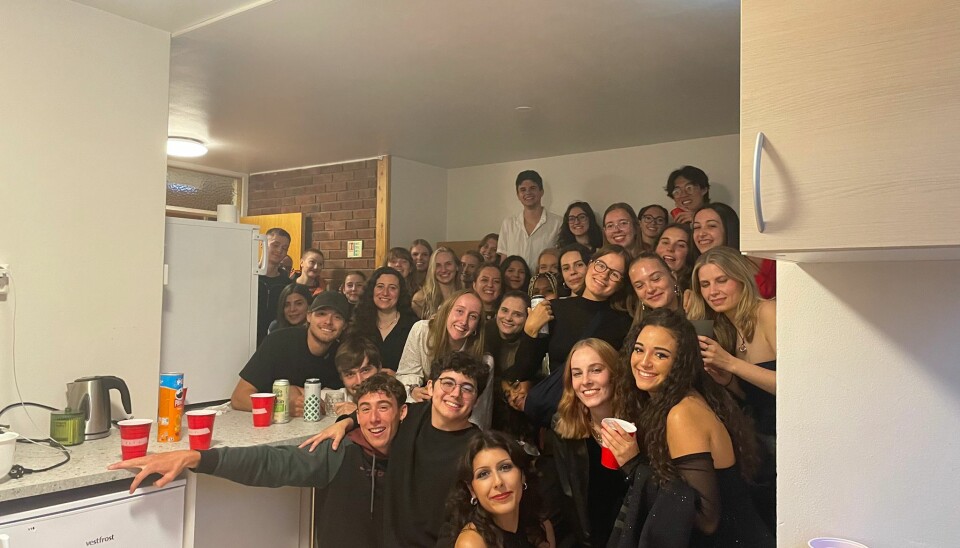
Many were surprised by the focus on partying and drinking. Maggie said, “They drink a lot. Pre-game, party, and after-party. But if they are sober, they are very reserved - you have to ask them questions and keep the conversation going.”
Some agreed, like Nelly: “Back in my country, people are more open, and here I feel like they need alcohol to be social.” Others had a different opinion. “Everyone said that Norwegians are so introverted, but my buddies were extremely extroverted!” said Franzi from Germany.
CONCLUSION
Buddy Week in Volda might not always go as planned - sometimes you make lifelong friends, other times you get abandoned by your group, but one thing is certain: you get a chance to meet others and discover your party alter ego. Whether you bonded with Norwegians or fellow internationals, it’s an unforgettable crash course in Norwegian culture and student life. And if all else fails, at least you’ll walk away with some new Norwegian phrases like “CHUG THAT IN, CHUG THAT IN”.









